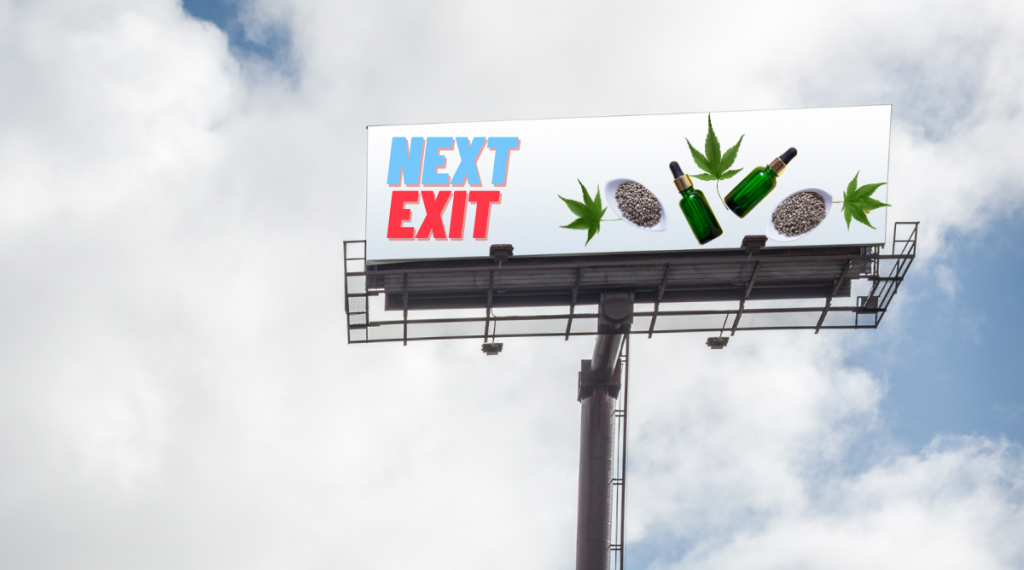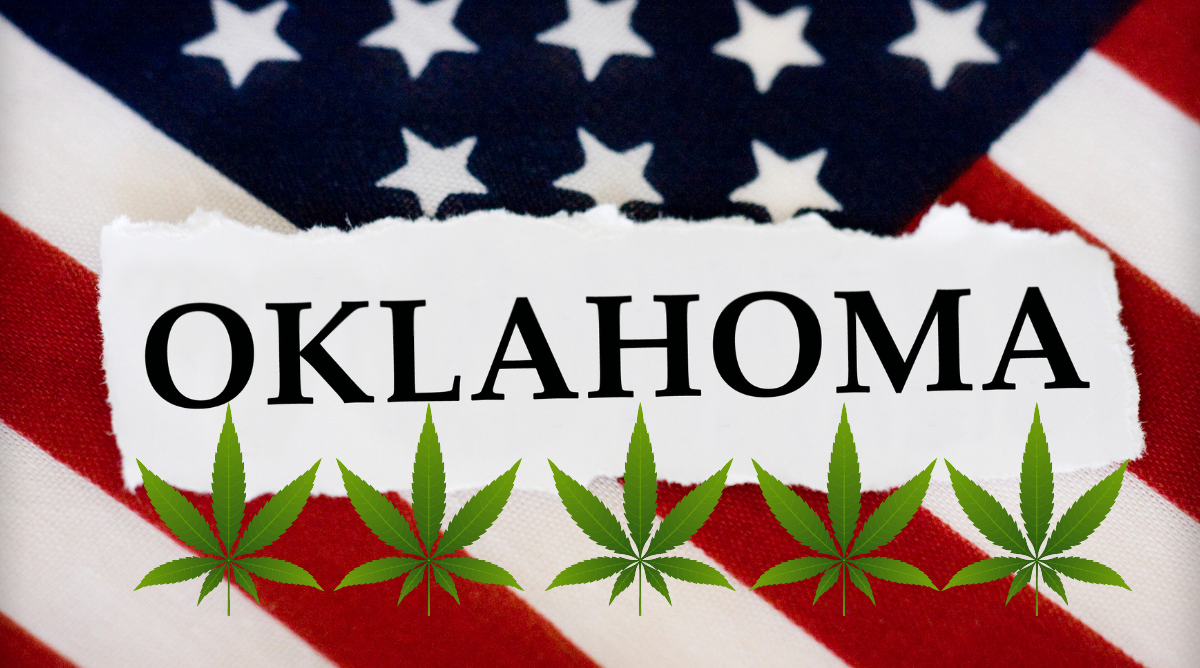Cannabis may be the only industry that has not been impacted by the Covid-19 pandemic. States that have legalized both medical and adult-use cannabis have reported record-breaking sales during the quarantine. California dispensaries may have a valuable advertising tool taken away from them now, after a Supreme Court ruling.
Given the emotional, financial, employment, and social stressors of 2020, it is not surprising that cannabis was one of the hottest selling commodities this year, right behind earth-shattering sales of toilet paper and hand sanitizer.
Drive into any state that has legalized cannabis, and the first thing you are likely to see are billboards along the highway, for medical or adult-use dispensaries, of course. And while travel has been limited for Americans during the pandemic, the advertising is so apparent that it leaves no doubt you are entering a state where you can buy weed. Legally.
A billboard for a dispensary can cost anywhere from $2,000 to $15,000 per month for advertising in Los Angeles. In other cities like San Francisco, a full-size billboard will cost a business between $2,000 and $12,000 per month. The prices can be much higher but reflect discounted rates during the Covid-19 health emergency.
Located along busy interstate highways, the proliferation of dispensary advertisements in California has grown exponentially. Dispensaries have immense profits and large advertising budgets and are willing to spend to retain valuable advertising space along California interstate highways. And now, the California Superior Court wants to ban them.
Proposition 64 Legalized Adult-Use in California But Made Advertising Dispensaries Illegal
One of the concerns about advertising controlled substances like tobacco and alcohol includes protecting minors from purchasing the products. All controlled substances have limitations to where, when, and how they advertise to control purchase persuasion.
KSBY, a television station serving the central coast of California, was the first to report news about a Superior Court decision to ban billboard advertising for dispensaries and cannabis products. Judge Ginger Garrett of the San Luis Obispo Superior court ruled on November 20th that any billboards advertising dispensaries or cannabis products (medical or recreational use) are illegal under Proposition 64. The same ballot measure that California voters used to approve legalized adult-use marijuana in 2016.
While a ban on billboard advertising was outlined in Proposition 64, the California Bureau of Cannabis Control (BCC) granted permission to cannabis businesses to advertise. The BCC Director Lori Ajax initiated that change. The ruling allowed dispensaries to purchase billboard advertisements along busy freeways across the state.
In a statement from Superior Court Judge Ginger E. Garret, the BCC agency overstepped its legal authority when they suspended the ban of billboard advertisements on interstate highways. Permitting the billboards was a direct violation of the regulations outlined in Proposition 64. Billboards advertising medical or adult-use dispensaries and cannabis products are now formally banned along the 4,315 miles of California interstate highways.

Too Many Billboards for Weed Along a Family Traveled HIghway
Moral opposition led a family man in California to launch the legal suit opposing the billboard advertisements. Matthew Farmer lives in San Luis Obispo and is a parent and someone who voted in favor of adult-use legalization with Proposition 64. Famer strongly supported the decriminalization of marijuana in California and felt no one should go to jail for cannabis use.
Writer TJ Branfalt for Ganjapreneur reported that one of Matthew Farmer’s lawyers, Stewart Jenkins, said that the father became very concerned after many billboards began to appear along the 101 freeway. A highway frequently traveled by his family.
The California Bureau of Cannabis Control May Launch a Legal Appeal
Did we mention that billboards are one of the most effective advertising methods for medical or adult-use dispensaries? They are also a lucrative business for many businesses that provide display advertising services.
The same day that the Superior Court ruling and billboard ban was announced, Lori Ajax resigned from her role as the California Bureau of Cannabis Control (BCC) director after serving for five years. Alex Traverso, the new interim BCC spokesperson, stated that they might appeal the decision.
According to Traverso, the BCC had prohibited billboards within a 15-mile radius from any state borders on highways. In agreement that the first thing visitors traveling by highway should not see is a vast number of marijuana billboards. But Alex Traverso also implied that the 15-mile limit satisfied the advertising restriction terms outlined in Proposition 64.
Featured Image: Belterz | Getty Images (Canva)





